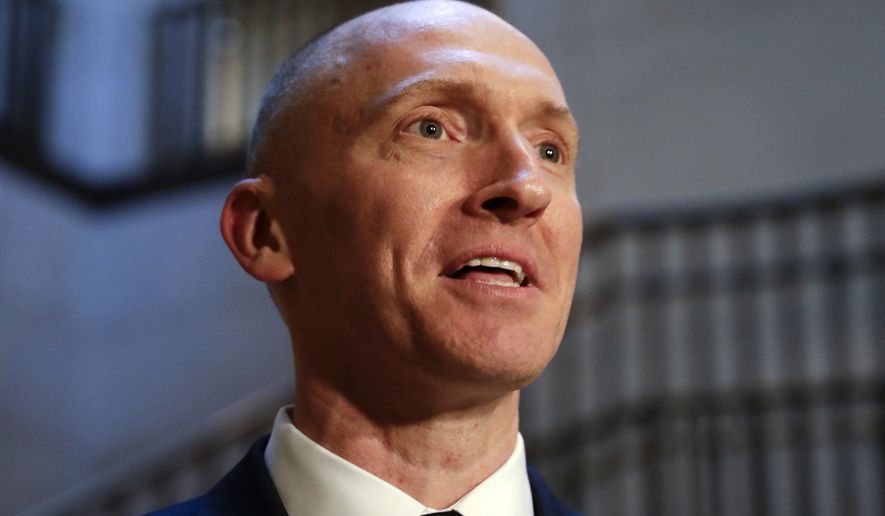OPINION:
Congress has until year’s end to decide whether federal agents will retain their breathtaking capacity to snoop on the public.
In theory, an agency like the FBI is supposed to use the Section 702 authority of the Foreign Intelligence Surveillance Act to eavesdrop only on foreigners. In practice, the law creates a vast electronic dragnet scooping up the communications of all Americans, regardless of their guilt or innocence.
Given the Department of Justice’s zeal for prosecuting the administration’s main political rival, the intelligence community cannot be trusted with a power it has proved all too willing to abuse for political ends.
The White House on Monday published a statement by national security adviser Jake Sullivan calling this particular spying authority “one of the nation’s most critical intelligence tools used to protect the homeland and the American people.”
Even if that’s true, Justice Department officials have failed to resist the temptation to peek at the emails of their domestic political enemies under the guise of prosecuting foreign spies.
Despite the safeguards that were supposed to be in place, activists at the FBI who opposed then-presidential candidate Donald Trump spun a fable to the secret court that’s supposed to oversee the process to obtain a warrant to spy on Mr. Trump’s campaign in 2016.
While this warrant was not filed under Section 702, the episode demonstrates how easy it is to manufacture a foreign connection.
Mr. Sullivan was among the first to proclaim a Russian conspiracy while serving as adviser to former Secretary of State Hillary Clinton’s 2016 presidential campaign.
According to his testimony before the House Intelligence Committee, Mr. Sullivan met behind the scenes with the major television networks to brief them on “the nature of the connections between several members of Trump’s foreign policy and political team and elements of the Russian Government.”
Then-FBI attorney Kevin Clinesmith carried the Clinton campaign’s tale further down the field, admitting that he forged an email to bolster the FBI’s preposterous assertion that Carter Page, a volunteer on the Trump campaign, was part of a “well-developed conspiracy” with Russia.
The email had been specifically altered to conceal the fact that Mr. Page wasn’t spying for the Russians. Instead, he was a source for the CIA.
FISA warrants are supposed to be among the nation’s most carefully guarded secrets, yet the existence of the warrant against Mr. Page was leaked by a Senate Intelligence Committee staffer to reporters who kicked off a media firestorm under the headline “FBI obtained FISA warrant to monitor Trump adviser Carter Page.”
The gist of all this is that the Clinton campaign cooked up false claims about its political opponent that were laundered through the Justice Department to add legitimacy. This fabrication dogged the Trump administration from the earliest days of his presidency to his last, undermining his ability to govern.
FBI agents either knowingly schemed with a political party to interfere with an election and a presidency, or they were duped by political actors into accomplishing the same ends. Either interpretation argues strongly against ever trusting federal officials with sweeping surveillance authority.
FISA Court judges played along with the farce.
Instead of renewing FISA authority, Congress needs to commission a thorough audit to pare back not just Section 702, but all of the spy powers that are too easily abused for political purposes.




Please read our comment policy before commenting.